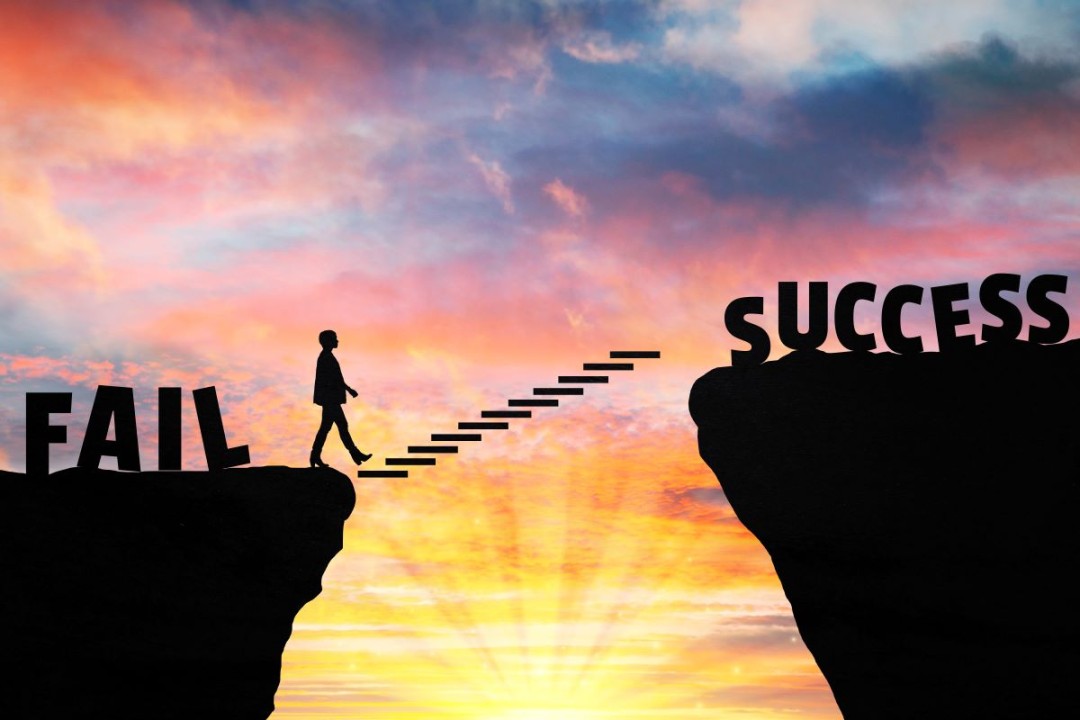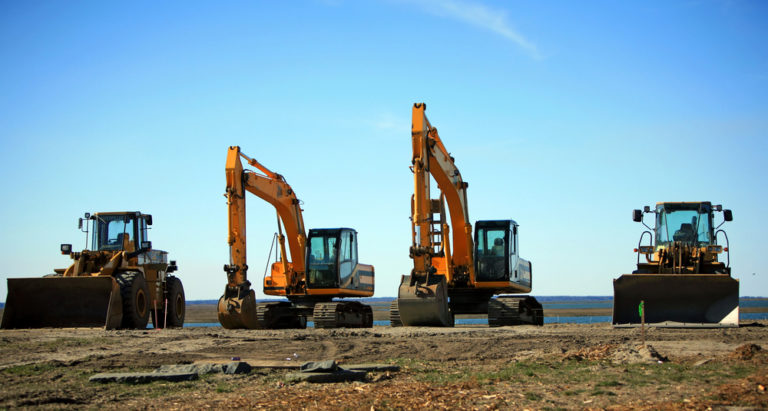Failure is one of those experiences most people instinctively try to avoid. It can be uncomfortable, embarrassing, and sometimes even painful. Yet when you look closely at the journeys of individuals and organizations who achieve extraordinary results, failure appears again and again as a critical stepping stone. The truth is simple: failing early and failing often can build stronger paths to long-term success. By learning from mistakes instead of running from them, people equip themselves with resilience, perspective, and the ability to adapt in ways success alone could never teach.
The Value Of Early Lessons
When failures happen early, whether in life, education, or business, they allow people to confront reality before too much is at stake. A failed project in the first year of starting a business can be discouraging, but it can also save years of wasted effort by pointing out flaws in a strategy or system. These early lessons become the foundation for sharper decision-making later.
In personal growth, failure often mirrors this same principle. Just as a young individual might experiment with different identities through simple expressions, like choosing a profile picture or girls dp to reflect changing moods, early setbacks in life are a form of experimentation. They allow people to test, to try, and to uncover what truly works for them.
Resilience As A Hidden Strength
Resilience is perhaps the most powerful gift failure offers. When a person experiences disappointment but chooses to rise again, they cultivate mental strength that cannot be built in times of smooth sailing. Success without setbacks often leads to fragility; one major stumble may feel devastating. But those who are accustomed to stumbling and recovering are far less shaken by adversity.
Resilience not only supports individuals but also shapes institutions. For example, a business environment as competitive as australian lawyers listing thrives on firms that know how to adapt when cases, clients, or circumstances do not go as planned. Those who learn to bounce back create reputations of trustworthiness and reliability, qualities that stand the test of time.

Creativity Born From Discomfort
Failure forces people out of their comfort zones, and in doing so, often sparks creative solutions. When the standard path collapses, the mind begins to consider alternatives that would never have been explored otherwise. Creativity thrives in these moments of necessity.
This is visible not just in business or academics but also in artistic and cultural expressions. Even in something as emotional as gangster shayari in Hindi, the theme of resilience often emerges. Poets and writers use language of defiance and endurance to turn pain into power. This same creative energy is mirrored in professional and entrepreneurial contexts where setbacks inspire innovation.
Building Confidence Through Experience
Ironically, failure often builds confidence. While success feels good, it can sometimes leave people questioning whether it was due to luck or circumstance. Failure, on the other hand, brings clarity. When you fail, adjust, and then succeed, the victory feels grounded in genuine skill and perseverance.
Consider entrepreneurs navigating the crowded world of modern business directories such as digital marketing agency listing australia. For every success story, there are multiple failed campaigns, partnerships, and strategies that preceded it. Yet each failure sharpens the next move, and with time, confidence grows not from perfection but from proven endurance.
The Role Of Reflection
Failure only becomes valuable when paired with reflection. Without examining what went wrong, mistakes are likely to repeat themselves. Reflection transforms an ending into a beginning by creating insights.
On a practical level, reflection also builds humility. It allows leaders and individuals to acknowledge their imperfections and stay open to advice and collaboration. This humility is what makes growth sustainable. Just as people use tools like a find a tradesman website to seek skilled assistance instead of attempting everything alone, reflection reminds us that seeking help and input can prevent repeated failures.
Success Rooted In Failure
Every major success story carries the imprint of previous failures. Inventors refine prototypes, athletes push through losses, and businesses recover from financial setbacks. Far from being obstacles, failures become the very fuel for meaningful breakthroughs.
Thomas Edison’s countless failed attempts before the light bulb, or modern startups pivoting multiple times before striking the right market fit, all demonstrate that repeated setbacks pave the way toward stronger, more resilient achievements. These successes feel earned not in spite of failure but because of it.
A Cultural Shift Toward Embracing Failure
In many societies, failure has long carried a stigma, treated as something shameful rather than valuable. But this perspective is shifting. Schools, companies, and communities increasingly recognize the importance of “failing forward”, using setbacks as teaching tools.
This shift not only helps individuals but also encourages a culture of experimentation. When people are not paralyzed by the fear of failure, they are more willing to take risks, propose bold ideas, and step into unfamiliar territory. Innovation depends on this freedom.
Conclusion: Turning Missteps Into Momentum
Failure is not a dead end it is a redirection, a teacher, and a companion on the road to success. Failing early allows people to make inexpensive mistakes that yield invaluable wisdom. Failing often cultivates resilience, creativity, confidence, and humility. When combined with reflection, each setback becomes a powerful step forward. The strongest paths to success are rarely smooth. They are marked by wrong turns, obstacles, and unexpected setbacks. Yet those who embrace failure rather than fear it build roads that are not only stronger but also more rewarding. In the end, the people who achieve lasting success are not those who avoided falling but those who learned how to rise every single time.







